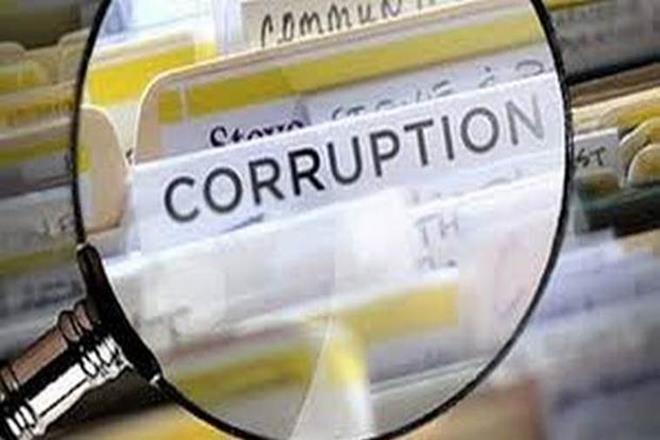
Corruption a pain point for foreign investors in India: Kroll
New Delhi, Dec 31- Foreign investors are still looking at corruption as a major challenge when it comes to making investment decision in India and also see 'evolving' corporate governance and risks to security of assets as other pain points, says US risk management firm Kroll.
After a stable government came to power in 2014, global investors were expecting significant changes in the way businesses used to happen in India but things have not turned out as expected, the New York-based risk consultancy noted.
 Corruption a pain point for foreign investors in India: Kroll[/caption]
Corruption a pain point for foreign investors in India: Kroll[/caption]
The factors that affected investment decisions of foreign investors include the likelihood of retrospective actions by the government -- especially related to tax, potential social unrest due to high unemployment and state-level politics and struggling and under-capitalised banking system.
Asked whether there has been a decline in terms of risks associated with India after the Narendra Modi government took charge of office, Kroll managing director Tarun Bhatia answered in the affirmative but added a word of caution that more could have been done.
"As the Narendra Modi government got voted in and based on the promises made, global investors were expecting a material change in how business is done in India. Unfortunately that hasn't happened to the extent anticipated. Multiple reforms have been introduced which signal strong intent of the government. However, they haven't been tested yet," Bhatia said.
[caption id="attachment_93774" align="aligncenter" width="300"] Corruption a pain point for foreign investors in India[/caption]
Corruption a pain point for foreign investors in India[/caption]
According to a World Bank report on combating corruption, some of the country's largest social welfare programmes suffered because of "ineligible beneficiaries receiving payments and officials taking a cut of or delaying payments meant for the poor".
Bhatia further noted that the Narendra Modi government seems very determined to address issues related to ease of doing business in India and steps like demonetisation, introduction of GST, etc are expected to influence the supply chain, push digitisation and make businesses easy to operate.
According to Kroll's global fraud report released earlier this year, almost 20 per cent of investors/companies were dissuaded from doing business in India due to corruption, 'evolving' corporate governance environment and risks to security of assets risks.
According to a Transparency International survey released earlier this year, India had the the highest bribery rate in the Asia Pacific, as more than two-thirds of Indians had to pay 'tea money' or fork out other forms of bribe to get public services.
The survey found 69 per cent in India as saying they had to pay a bribe, followed by 65 per cent in Vietnam. China was much lower at 26 per cent while the same for Pakistan was 40 per cent.
Meanwhile, India has jumped 30 places to rank 100th in the World Bank's 'ease of doing business' ranking and global credit rating company Moody’s Investors Service also upgraded India's sovereign rating by a notch and changed the outlook from stable to positive.
However, everyone was not convinced and another global ratings major Standard & Poor's kept its sovereign rating for the country unchanged at the lowest investment grade of 'BBB- minus' citing high government debt and low income levels.
According to Kroll, some of the factors that help to attract foreign investors' interest to India include relative high growth opportunity as compared to other developed and developing markets; stable government at the centre and a high likelihood for it to continue in the medium term.
Moreover, introduction of regulations and reforms such as Insolvency and Bankruptcy Code (IBC), Real Estate Regulatory ACT (RERA), Goods and Services Tax (GST) suggest improvement in ease of doing business and India's Credit Rating Upgrade.
Going ahead, beyond the much talked about land, labour and tax reforms, some of the areas which need immediate attention include education, as India is losing out to South East Asian and East European countries due to a weak and stalled education system, he said.
Moreover, India has a multiple regulator regime and its judiciary needs to have a process where there is faster resolution and greater accountability.
Besides, there is a need for stronger policy and regulations clearly articulating the laws around IT, Cyber Security & Privacy. "These are prominent risks which need to be addressed at the earliest," Bhatia said. PTI
